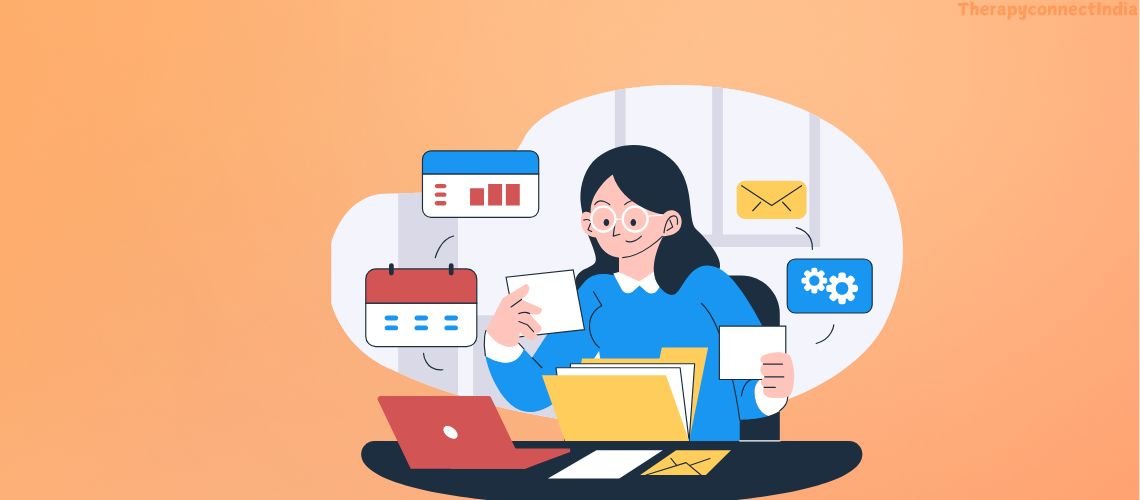Social Media vs. Self-Worth: How to Stop Comparing Yourself Online

Social media is an inseparable part of modern life, shaping how we connect, communicate, and present ourselves to the world. While it provides a platform for self-expression and networking, it also has a darker side—fueling insecurity, comparison, and self-doubt.
Studies show that excessive use of social media can negatively impact mental health, leading to anxiety, low self-esteem, and depression. The comparison trap youth fall into is especially concerning, as young people measure their worth based on unrealistic online portrayals.
If you’ve ever scrolled through Instagram or Snapchat and felt like your life isn’t as exciting or successful as others’, you’re not alone. But the good news is that you can break free from this cycle. In this blog, we’ll explore how to stop comparing yourself to others online and focus on building your self-esteem.

Social media platforms are designed to show the highlights of people’s lives—vacations, achievements, perfect selfies, and filtered moments. But what we often forget is that these posts don’t tell the whole story.
Here’s why comparison happens so frequently online:
This comparison cycle directly impacts your mental health, leading to self-doubt and anxiety. But recognizing the issue is the first step toward overcoming it.

When people constantly compare themselves to unrealistic standards, their self-worth takes a hit. Some of the harmful effects include:
1. Decreased Self-Esteem
Seeing influencers, celebrities, or even classmates posting their "perfect" lives can make you feel inadequate. Self-esteem for students is particularly vulnerable, as young people are still developing their sense of identity.
2. Increased Anxiety and Depression
Constant exposure to idealized lifestyles can lead to feelings of loneliness, stress, and even depression. Research links excessive social media use to higher rates of anxiety disorders.

3. Unrealistic Beauty and Success Standards
Filters, photo editing, and carefully staged posts create false expectations of beauty and success. This can make young people feel pressured to meet impossible standards.
4. Reduced Real-Life Social Interactions
The more time spent online, the less time invested in real-world connections. Over time, this can lead to isolation and difficulty building meaningful relationships.
Understanding these impacts is essential for taking control of your social media mental health and learning healthier ways to engage online.

Breaking free from the comparison trap youth face isn’t easy, but with conscious effort, you can build a healthier relationship with social media.
1. Recognize That Social Media Isn’t Reality
2. Limit Social Media Use
Spending less time on social media reduces exposure to content that triggers comparison. Try these strategies:
This approach can significantly improve social media mental health and overall well-being.

3. Curate Your Feed Mindfully
Unfollow accounts that make you feel insecure or inadequate. Instead, follow pages that promote positivity, self-growth, and mental well-being.
Some good examples include:
Creating a supportive digital environment can improve self-esteem for students and young adults.
4. Focus on Your Own Growth
Rather than comparing yourself to others, track your personal progress. When you shift your focus inward, external validation becomes less important.
5. Practice Gratitude
Gratitude helps shift attention away from what you lack and toward what you have. Each day, write down three things you’re grateful for. This simple practice can rewire your brain to focus on positivity rather than comparison.

6. Engage in Offline Activities
Building self-esteem for students requires activities beyond social media. Try:
Real-life experiences create deeper satisfaction than online interactions.
7. Seek Professional Help if Needed
If social media comparison is severely impacting your mental health, talking to a therapist can help. Many professionals specialize in social media mental health issues and can provide guidance on overcoming negative thought patterns.
Your self-worth isn’t determined by the number of likes, followers, or perfectly curated posts. Breaking free from the comparison trap youth often face requires mindfulness, self-compassion, and real-world engagement. By curating a healthier social media feed, limiting time online, and focusing on self-growth, you can build self-esteem for students and young adults struggling with social media pressures. Remember, social media should enhance your life, not define your worth. Choose to engage with it in a way that uplifts, inspires, and empowers you.